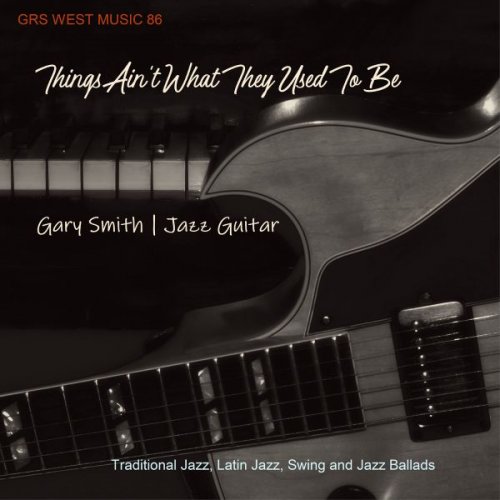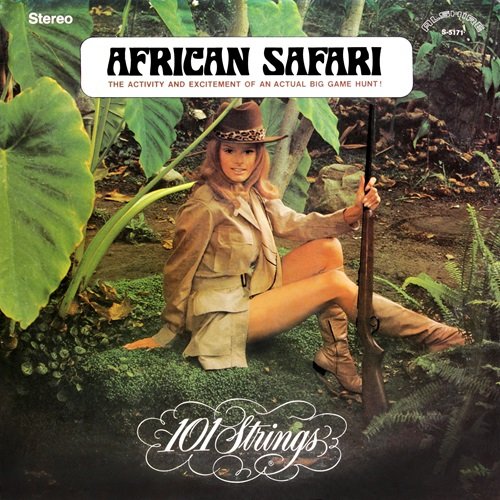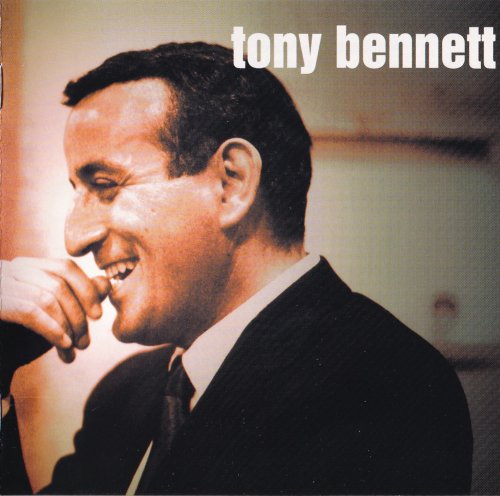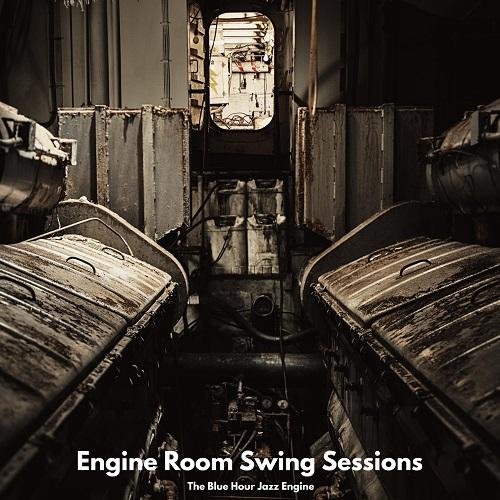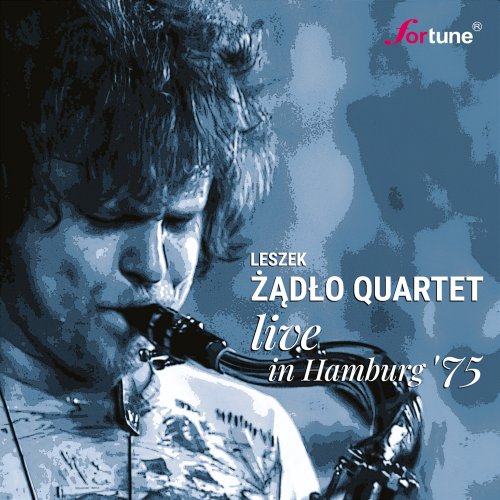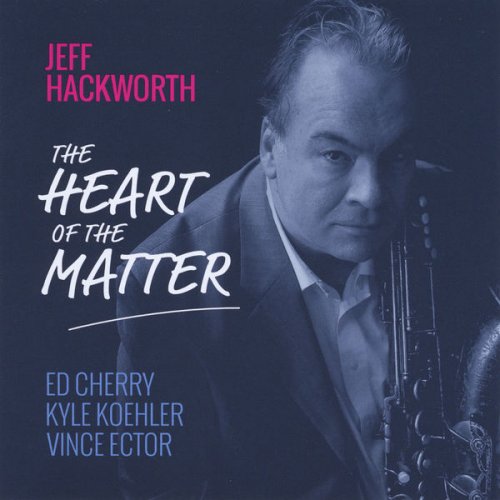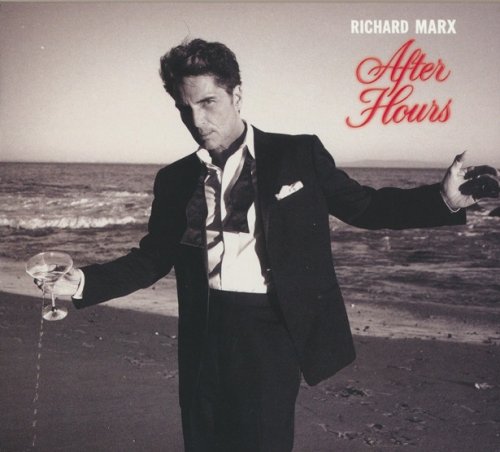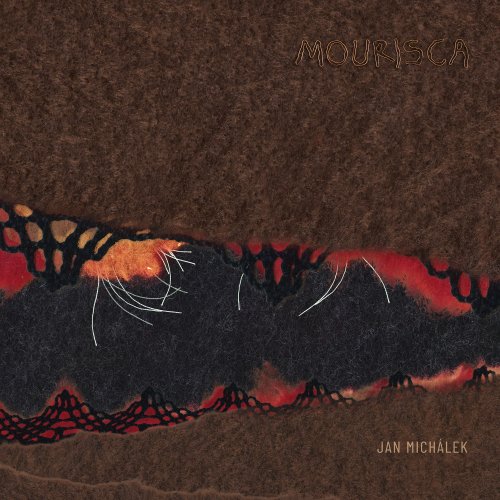Doric String Quartet - Walton: String Quartets (2011) [Hi-Res]
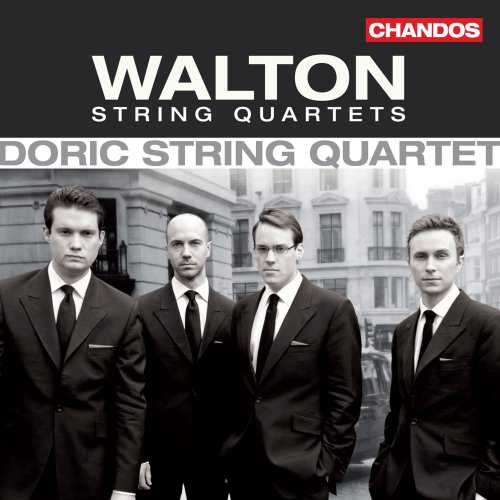
Artist: Doric String Quartet
Title: Walton: String Quartets
Year Of Release: 2011
Label: Chandos
Genre: Classical
Quality: flac lossless (tracks) / flac 24bits - 96.0kHz +Booklet
Total Time: 01:02:11
Total Size: 284 mb / 1.06 gb
WebSite: Album Preview
TracklistTitle: Walton: String Quartets
Year Of Release: 2011
Label: Chandos
Genre: Classical
Quality: flac lossless (tracks) / flac 24bits - 96.0kHz +Booklet
Total Time: 01:02:11
Total Size: 284 mb / 1.06 gb
WebSite: Album Preview
01. String Quartet: I. Moderato
02. String Quartet: II. Scherzo. Allegro molto vivace, e ritmico
03. String Quartet: III. Fuga. Lento, ma non troppo, e molto espressivo
04. String Quartet in A Minor: I. Allegro - A tempo più mosso
05. String Quartet in A Minor: II. Presto
06. String Quartet in A Minor: III. Lento - A tempo poco più mosso
07. String Quartet in A Minor: IV. Allegro molto - - Poco a poco più animato
This new release represents one of the comparatively rare recordings of the highly attractive string quartets by William Walton, one of England’s finest composers. The works are performed by the Doric String Quartet, exclusive Chandos artists and among the youngest and most impressive quartets on the classical music scene today. Their recent release, of the string quartets by Korngold (CHAN 10611), was given ‘Editor’s Choice’ in Gramophone.
Walton’s two string quartets, written about a quarter of a century apart, are barely recognisable as the work of the same composer. The String Quartet of 1922, an extraordinarily ambitious work in terms of scale and technical demands, was written when Walton was in his late teens. The familiar Quartet in A minor is a work of Walton’s maturity, more compact in form, conservative in language, and relaxed in tone.
When first performed, the String Quartet of 1922 was met with a lukewarm response, which led Walton to withdraw it and to make several substantial cuts to the material. When the work was revived, a few years after his death, for performances and recordings – including its premiere recording, on Chandos (CHAN 8944, Gabrieli String Quartet) – these cuts were kept. This particular recording, however, offers the full-length and original version, as edited by Hugh MacDonald in 2008 for Oxford University Press’s William Walton Edition. Significantly, this quartet is for the most part conspicuously lacking in the Stravinskyan constant changes of time signature, which are such a prominent feature of the later works by Walton. In the composer’s own words, this work is ‘full of undigested Bartók and Schoenberg’.
It seems to have been in the late 1930s that Walton first agreed to write the String Quartet in A minor for the Bleech Quartet (led by Harry Bleech who later became the founding conductor of the London Mozart Players). But during the Second World War other projects intervened, mainly scores for war-time propaganda films, and it was not until late 1944 that Walton started work on the quartet. The return to the string quartet genre did not come easily to Walton. As he wrote to a friend in 1945, ‘I’m in a suicidal struggle with four strings and am making no headway whatsoever. Brick walls, slit trenches… I’m afraid I’ve done film music for too long’.
Despite his initial difficulty, the work gradually took shape, and Walton wrote to the same friend a short time later that he had ‘captured a trench’ and ‘overcome some barbed wire entanglements’. The String Quartet in A minor was completed in time for its successful premiere in 1947 by the Bleech Quartet in a chamber concert on the BBC’s new Third Programme.

